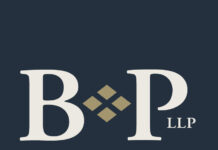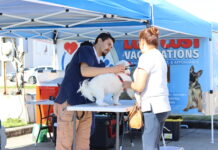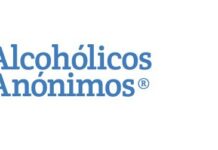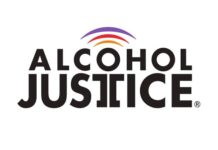ROCKVILLE, Md., June 28, 2021 /PRNewswire-HISPANIC PR WIRE/ — As Americans prepare for the Independence Day holiday, the American Speech-Language-Hearing Association (ASHA) is encouraging the public to incorporate hearing protection into their celebrations. This is especially important for people who are opting for smaller gatherings at home that may include fireworks or firecrackers.
Sales of consumer fireworks in 2020 well surpassed those in previous years, likely driven by the stay-at-home circumstances forced by the COVID-19 pandemic. The number of injuries, too, eclipsed those of prior years. According to the Consumer Product Safety Commission, 16% of fireworks injuries are to the head, face, and ears. Yet hearing protection is largely overlooked in advice to the public on holiday safety, much of which is centered on obvious physical injuries such as burns.
“We absolutely want people to enjoy their July 4th after a tough year, but we don’t want anyone to wake up the next day with permanent hearing loss or ringing in their ears,” said ASHA President A. Lynn Williams, PhD, CCC-SLP. “While ASHA always encourages vigilance at public fireworks displays, the risk to hearing is especially pronounced for those celebrating at home—who will likely be much closer to where fireworks are being launched than they would be at a large event.”
Damage in an Instant
A single loud blast or explosion that lasts for less than 1 second can cause permanent hearing loss right away. This noise, called impulse noise or impact noise, can come from sources such as fireworks or gunfire. Impulse noise is measured in decibel peak pressure, or dBP. Impulse noise greater than 140 dBP will hurt a person’s hearing right away. Fireworks at 3 feet, as well as firecrackers, can measure 150 dBP. This is considered painful to the ears—and is well beyond a safe listening level (75–80 decibels).
Noise-induced hearing loss (NIHL) is completely preventable. However, once it occurs, it is irreversible. Exposure to noisy leisure activities is among the chief culprits of NIHL in young adults, according to the World Health Organization—which states that 1.1 billion people ages 12–35 worldwide are at risk. Despite this, a recent ASHA poll of American adults shows that close to half (49%) of respondents said that they don’t take any basic protective measures when it comes to their hearing.
Hearing Protection Advice
By taking some simple precautionary steps, Americans can protect themselves and their families. ASHA advises the following:
- Use hearing protection. Basic earplugs offer good protection for most teens and adults. Children are generally better off wearing well-fitting earmuffs instead of earplugs.
- Keep a safe distance. Stand at least 500 feet away from noise sources, such as a fireworks launch site. The closer you are, the more likely you are to hurt your ears.
- Know your limits. If you are experiencing ringing in your ears or any other ear discomfort, leave the noisy situation. Listen to your body!
“I encourage the public to pick up a few sets of earplugs when they’re out stocking up on barbeque supplies,” ASHA President Williams adds. “Most drug stores or supermarkets carry them, and they’re inexpensive and tremendously effective at protecting hearing.”
For anyone who may be experiencing pain or ringing in the ears, or who is having difficulty hearing, following July 4th or any loud event, ASHA recommends contacting a certified audiologist for a hearing evaluation. Learn more at www.asha.org/public.
About the American Speech-Language-Hearing Association (ASHA)
ASHA is the national professional, scientific, and credentialing association for 218,000 members and affiliates who are audiologists; speech-language pathologists; speech, language, and hearing scientists; audiology and speech-language pathology support personnel; and students. Audiologists specialize in preventing and assessing hearing and balance disorders as well as providing audiologic treatment, including hearing aids. Speech-language pathologists identify, assess, and treat speech and language problems, including swallowing disorders. http://www.asha.org/
CONTACT: Francine Pierson, 301-296-8715, [email protected]
SOURCE American Speech-Language-Hearing Association (ASHA)






